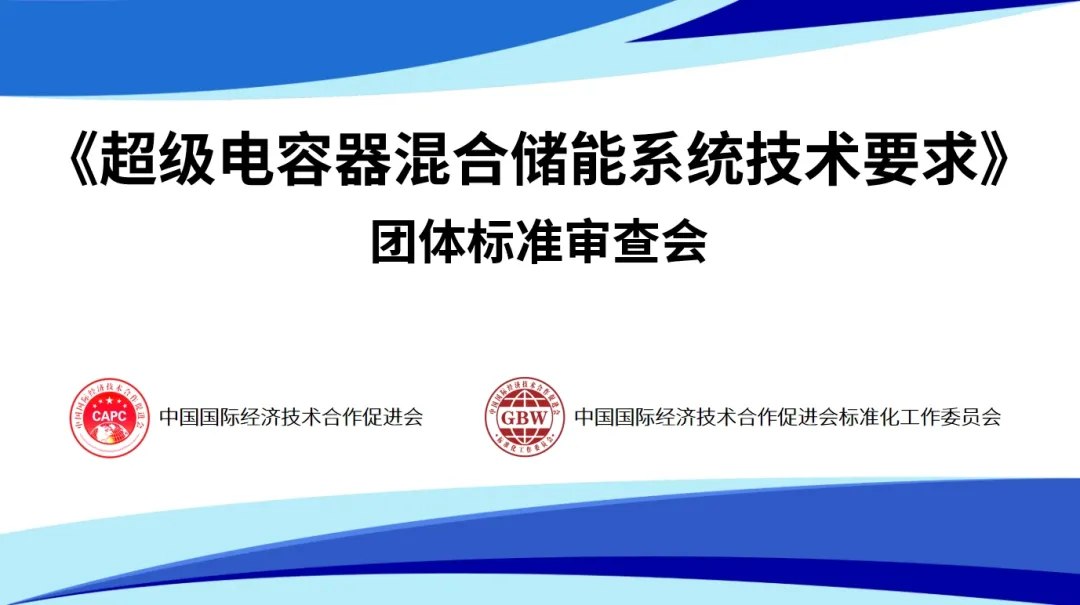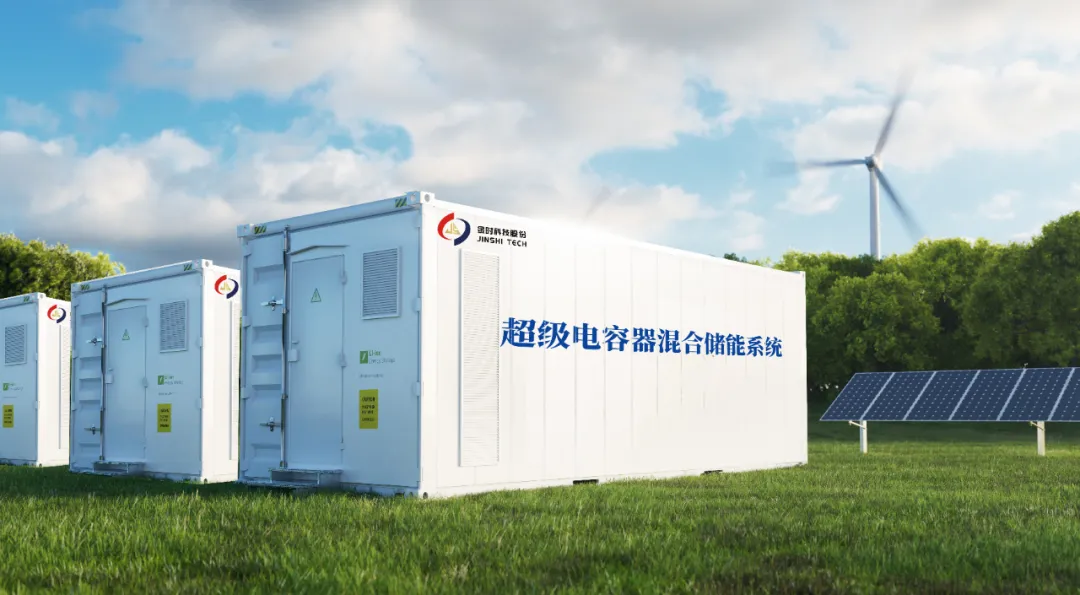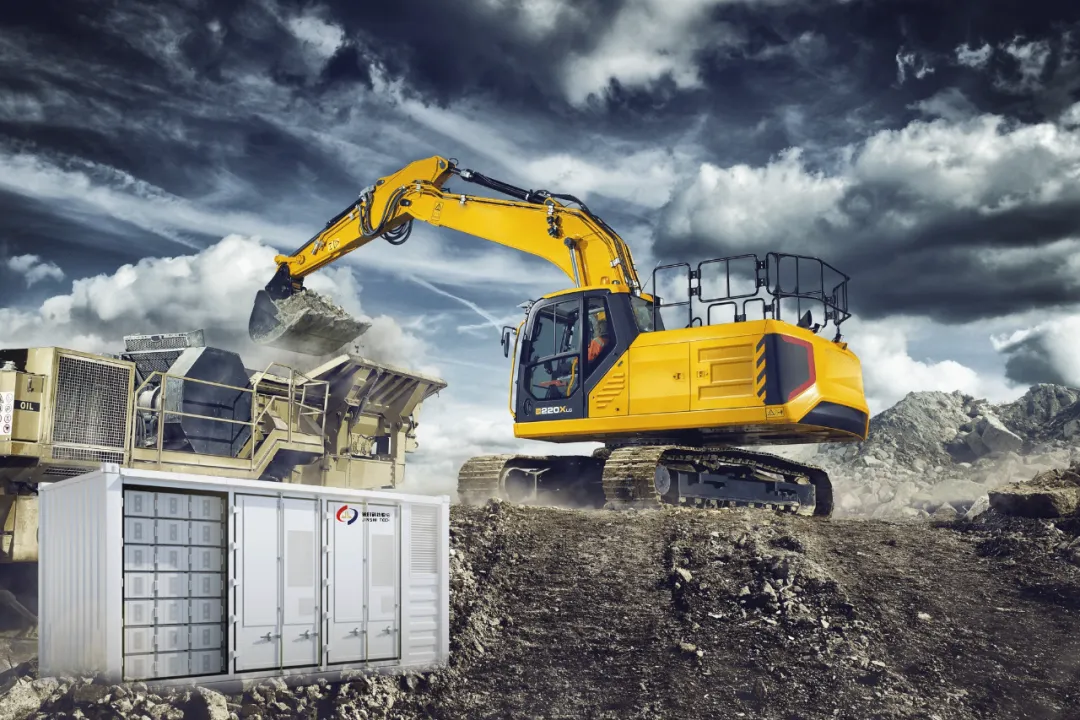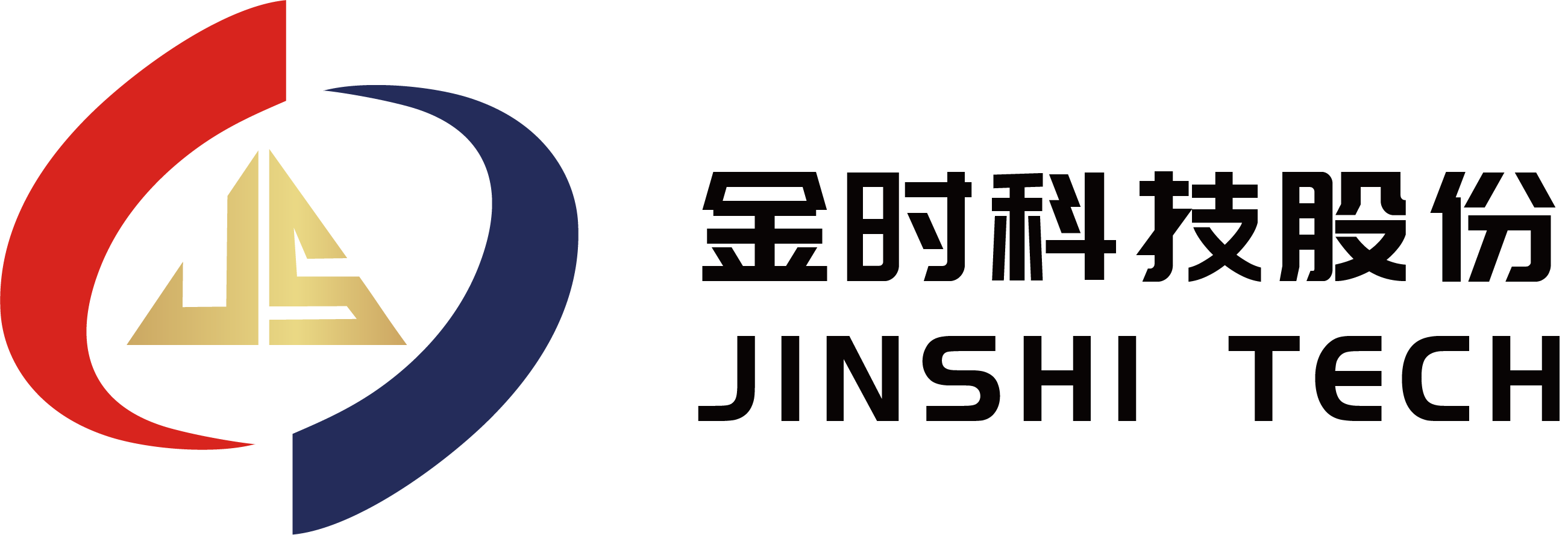Assisting Industry Standardization: Jinshi Technology Participated in the Group Standard Review Meeting for the Technical Requirements of Hybrid Energy Storage Systems for Supercapacitors
With the global energy structure transformation and rapid development of new energy technologies, efficient and reliable energy storage technologies have become the key to achieving energy balance and sustainable development. As a new type of energy storage device, supercapacitors have shown broad application prospects in the field of energy storage due to their high power density, fast charging and discharging, and long cycle life.
Recently, the group standard review meeting for the "Technical Requirements for Hybrid Energy Storage Systems for Supercapacitors" was successfully held, jointly organized by the Standardization Working Committee of the China Association for the Promotion of International Economic and Technological Cooperation (hereinafter referred to as the "Standardization Committee of the China Association for the Promotion of International Economic and Technological Cooperation") and the Standardization Technology Research Institute of Tongbiao Research Institute.

The meeting was chaired by Chen Xin from the Standards Department of the National Promotion Association Standards Committee, with Liu Lu, Deputy Leader of the Standards Drafting Group and Deputy Director of the Standards Department, and Xu Jialin from the Standards Department in attendance. This meeting specially invited Mr. Huang Shunda, Senior Engineer of Xiamen Farah Electronics Co., Ltd., authorized signatory of CNAS Laboratory, and winner of IEC1906 Award, as an expert of the standard review group to participate in the guidance work and conduct technical review of the standards.
Representatives from Xi'an Herong New Energy Technology Co., Ltd., Sichuan Jinshi New Energy Technology Co., Ltd., Shenzhen Qianhai Jinyu Meicheng Energy Storage Technology Co., Ltd., Xi'an University of Science and Technology, Weijing Energy Storage Technology Co., Ltd., Jinzhou Kaimei Electronic Technology Co., Ltd., Tongbiao Zhongyan Standardization Technology Research Institute and related industry experts attended the review meeting.

At the meeting, Xu Jialin gave a detailed introduction to the development and work content of the National Promotion Association since its establishment. Chen Xin reported and explained to the expert group and participating units the background, preparation, principles and framework, and main technical content of the group standard "Technical Requirements for Hybrid Energy Storage Systems for Supercapacitors", elaborating on the technical difficulties and development bottlenecks in the field of hybrid energy storage systems for supercapacitors, providing scientific basis and reasonable suggestions for standard formulation.
In the standard discussion session, industry experts and representatives of participating units conducted a comprehensive review of the scope, normative reference documents, terminology and definitions, abbreviations, basic requirements, system composition, and other contents of the group standard "Technical Requirements for Hybrid Energy Storage Systems of Supercapacitors". They unanimously agreed that the standard is based on the existing relevant technical indicators and requirements of the industry, and provides clear technical benchmarks for the safety, performance, and inspection rules of hybrid energy storage systems of supercapacitors, ensuring product reliability and enabling enterprises to produce and manage products in a more standardized manner, thereby improving the overall quality of products. The expert group stated that the development and implementation of this standard can ensure that the system reaches its optimal state in the design, operation, and maintenance process, thereby improving energy utilization efficiency, reducing energy waste, and is of great significance for promoting sustainable development and addressing climate change.
Our technical center manager Huang Jinxia put forward four suggestions at the meeting:
· Regarding the lifespan requirement in section 8.3 of the document: it is recommended to consider overcapacity and other energy storage separately, and the final indicator should be defined based on the lowest one in the mixture or defined separately;
· 10.7 Environmental Requirements: It is recommended to conduct tests under different temperature, humidity, and atmospheric pressure conditions according to different tests and settings. The temperature range can be tested under the same humidity condition but different temperatures. For example, at a humidity of 85%, the temperature can be set to low (-30 ℃) or high (55 ℃).
· 11.4 Storage Requirements: It is recommended to define according to the performance of each energy storage unit. If the standard requirements are followed, the maintenance cost for the user will be very high, which is not very practical.
· Regarding 6.4.3 Battery Management System: It is recommended to use the national standard GB/T 34131-2023.

At the end of the meeting, Vice Director Liu Lu gave a concluding speech on the meeting. She stated that in terms of policies, China has released relevant policies such as the "14th Five Year Plan for the Development of New Energy Storage" and the "Action Plan for the High Quality Development of New Energy Storage Manufacturing Industry", which point out the need to promote the research and development of energy storage technologies such as supercapacitors, establish relevant systems, and achieve flexible and diverse development of new energy storage. In order to actively respond to national policies, the Standardization Committee of the National Promotion Association has collaborated with industry enterprises and research institutions to develop the "Technical Requirements for Hybrid Energy Storage Systems for Supercapacitors" standard based on sufficient research in the early stage. It is also hoped that by formulating and publishing this standard, the industry can promote technological innovation and industrial upgrading, and help it become an important force in promoting energy transformation and building a safe and efficient new power system.
Currently, the support of national policies for the new energy and energy-saving environmental protection industries provides strong policy guarantees for the development of supercapacitors. In the future, with the increasing demand for efficient and reliable energy storage devices in the market, the market demand for supercapacitor hybrid energy storage systems will continue to grow. By clarifying relevant technical requirements and standard specifications, it is of great significance to promote the standardization process of supercapacitor hybrid energy storage systems, improve product quality and technical level, and promote the healthy development of the industry. It will help promote the supercapacitor hybrid energy storage system industry to meet the high-quality demand of the market and promote the green transformation of the energy structure

